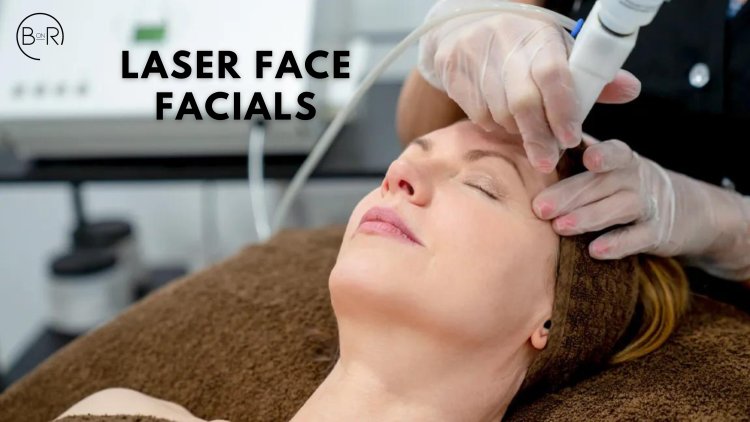Are Laser Face Facials Safe? Debunking Safety Concerns
Share this Post to earn Money ( Upto ₹100 per 1000 Views )

Laser face facials, also known as laser skin treatments or laser resurfacing, are generally considered safe when performed by trained and qualified professionals using appropriate equipment. However, like any medical or cosmetic procedure, there are potential risks and considerations to be aware of. Here are some key points to consider when it comes to the safety of laser face facials:
1. Professional Expertise: It's crucial that the procedure is performed by a licensed and experienced medical professional, such as a dermatologist or a trained aesthetician. They should have specific training in laser procedures and be well-versed in the technology being used.
2. Type of Laser: There are different types of lasers used for various skin treatments, and the specific type should be chosen based on your skin type, concerns, and the desired outcome. For example, ablative lasers remove thin layers of skin and can be more aggressive, while non-ablative lasers work by heating the tissue beneath the skin without removing layers.
3. Skin Type and Sensitivity: Different skin types react differently to laser treatments. Darker skin tones may be more prone to pigmentation changes or scarring if the laser is not used correctly. A qualified professional will take your skin type into account and adjust the settings accordingly.
4. Potential Side Effects: While laser facials are generally safe, there can be side effects. These may include redness, swelling, temporary changes in pigmentation, and in rare cases, blistering or scarring. These effects are usually temporary and can be managed with proper aftercare.
5. Pre-Procedure Consultation: Before undergoing any laser facial, you should have a thorough consultation with the practitioner. They should assess your skin type, discuss your medical history, and explain the expected results, potential risks, and any necessary aftercare.
6. Protective Measures: Both the patient and the practitioner should wear appropriate eye protection during the procedure to shield against potential harm from the laser.







